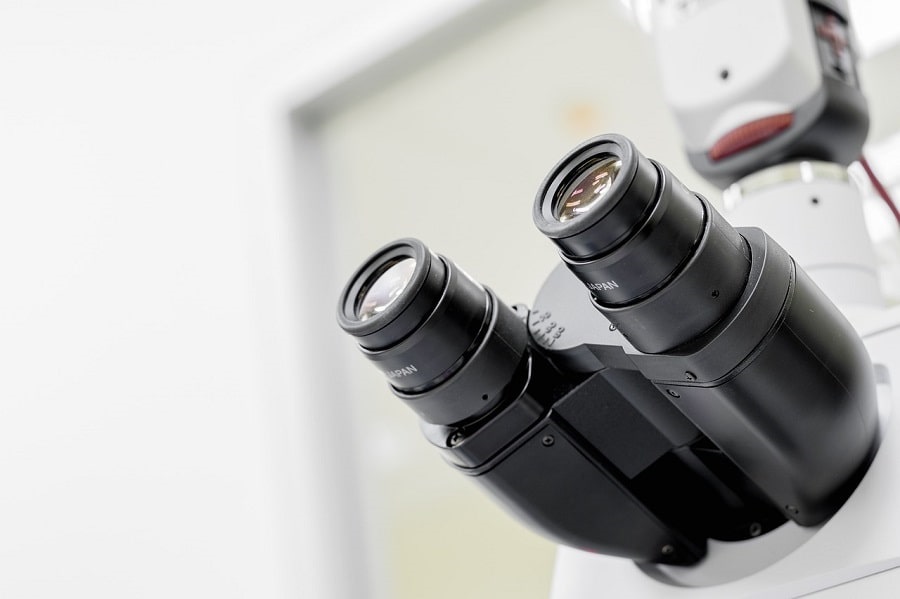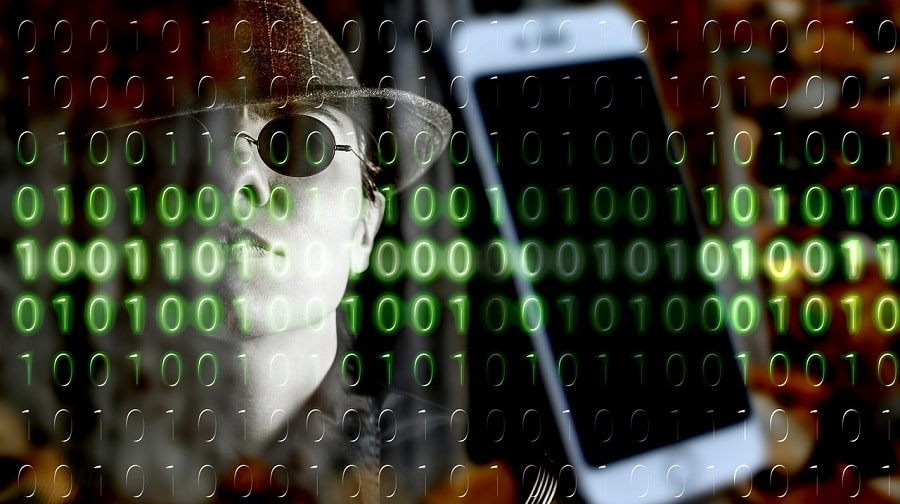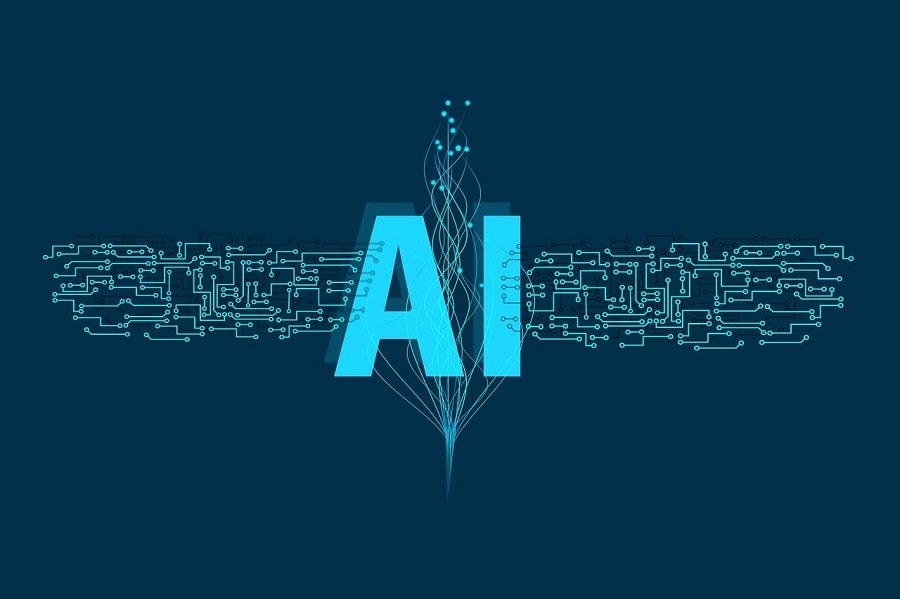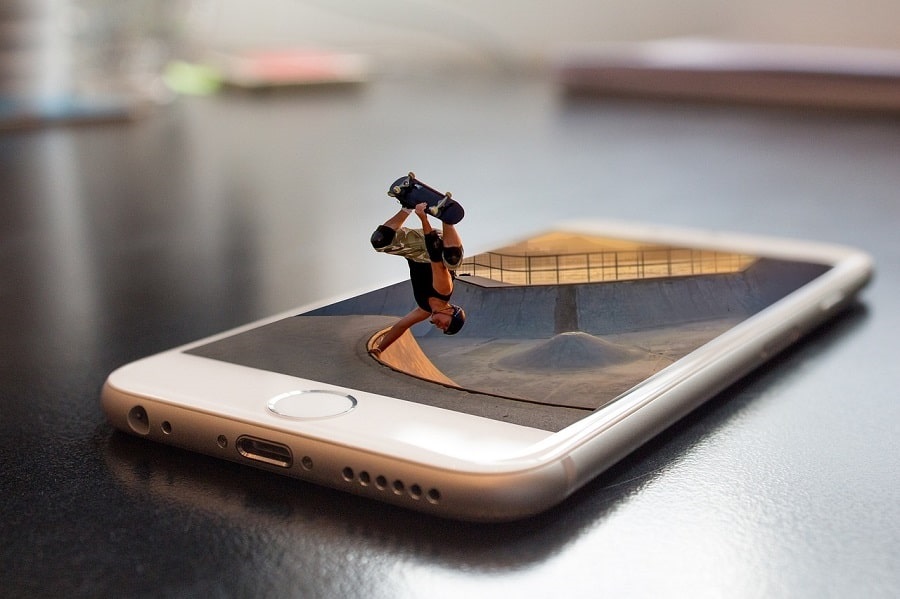From the moment they are born children live in a world of screens; as a result, they use the Internet or any digital device that falls into their hands naturally, intuitively and without fear. So the main aim of this work by the University of the Basque Community, Bilbao, Spain (UPV/EHU) was to find out from a range of different perspectives about the complex digital reality of 9 to 12-year-olds.
It is obvious that the Internet has become the backbone of everyday life and that the advantages of the world’s biggest network are numerous, but inappropriate use and conflictive situations may pose a serious risk for children’s identity and health. “Today a mere click can answer many questions, but very often the information is disseminated without any control, and the same click may turn a person’s life upside down; in these situations children are the most vulnerable users,” said Rakel Gamito-Gómez, researcher in the UPV/EHU’s Department of Didactics and School Organisation.
So the principal aim of this work was to analyse the habits in Internet use of 9 to 12-year-old primary school students and build awareness among them about responsible use. At the same time, a didactic proposal was drawn up and various guidelines were developed for suitable training of both teachers and families. In fact, school and family are key players in working on safe, critical use of the internet by children.
The results are clear. “Internet use, and that of mobile phones in particular, is widespread among Primary School students,” said Gamito-Gómez. “They use it for recreational purposes, more than anything else,“ she stressed, “and it is in this sphere that they experience conflictive situations: cyberbullying, contact with strangers, unsuitable content, etc.”. The researcher stressed that “children are not aware of the risks in the Internet. For example, despite pointing out that theoretically it is dangerous, when talking about their habits of use, they do not regard contact with strangers or the spread of private data over social media as dangerous”.
At the same time, the UPV/EHU researcher concluded that knowledge about the digital reality of children held by teachers and families is incomplete. “They know they use the Internet but they are unaware of the conflictive situations children experience.” So the need to build awareness about responsible Internet use spreads to the whole community. Right now, for example, in the education system direct reference is made to the risks, privacy and digital identity of the Internet only in the aims and content of the 2nd two years of Compulsory Secondary Education. “In this work a didactic proposal was designed to work on responsible Internet use in Primary School classrooms. It comprises three sessions and a set of dynamics that have been very positively rated by the students,” said the UPV/EHU researcher Rakel Gomito. So the training of teachers is crucial.
“Through advice and help the family has to encourage safe, responsible habits among children. In other words, you have to be together with the children, see what they are doing, express an interest and, above all, understand that in this field, too, the family plays a crucially important role right from an early age,” she stressed.
“Today the need to be online is an everyday reality and there is no doubt that children constitute one of the key players in the new digital context. We still have much further to go in this subject so that we can provide children with the opportunity to learn,” said the UPV/EHU researcher Rakel Gamito.
Additional information
The work carried out by Rakel Gamito-Gomez (Mondragón, Basque Country, 1984) in her PhD thesis is entitled Adin txikikoen interneten erabilerari eta arriskuei buruzko kasu azterketa bat. Pertzepziotik kontzientzia piztera (A case study into Internet use and risks among minors. From perception to awakening awareness). It was supervised by the UPV/EHU lecturers Pilar Aristizabal-Llorente and Maria Teresa Vizcarra-Morales.
See also TOP universities of Spain











